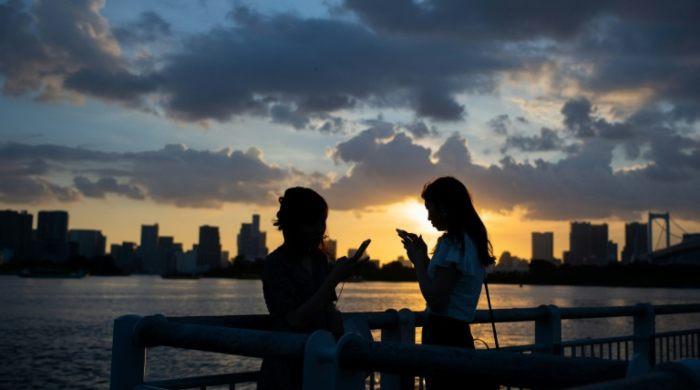Tokyo: A Japanese city urges all smartphones users to limit screen time to two hours a day outside of work or school as part of a proposed prescription that does not include any penalty.
The limit – which will be recommended for all residents of the city of Toyoake in central Japan – will not be restrictive and there will be no penalty for higher use, according to the order.
The proposal aims to “prevent excessive use of devices causing physical and mental health problems … including sleep problems,” Mayofi Koki said on Friday in a statement.
The project urges primary school students to avoid smartphones after 9:00 p.m., and students in the secondary school and more are invited not to use them after 10:00 p.m.
This decision caused an online reaction, many calling for the unrealistic plan.
“I understand their intention, but the two-hour limit is impossible,” wrote a user on the social media platform X.
“In two hours, I can’t even read a book or watch a movie (on my smartphone),” wrote another.
Others have said that the use of smartphones should be a decision for families to take themselves.
The angry answer has encouraged the mayor to clarify that the two -hour limit was not compulsory, stressing that the directives “recognize that smartphones are useful and unspeakable in daily life”.
The order will be envisaged next week and, if adopted, it will come into force in October.
In 2020, the western region of Kagawa published a kind prescription for children to be limited to one hour per day of play during the week and 90 minutes during school holidays.
He also suggested that children aged 12 to 15 should not be allowed to use smartphones later at 9:00 p.m., the limit reaching 10:00 p.m. for children between 3 and 18 years old.
Young Japanese people spend a little more than five hours on average per day online on weekdays, according to a survey published in March by the Children and Families Agency.




